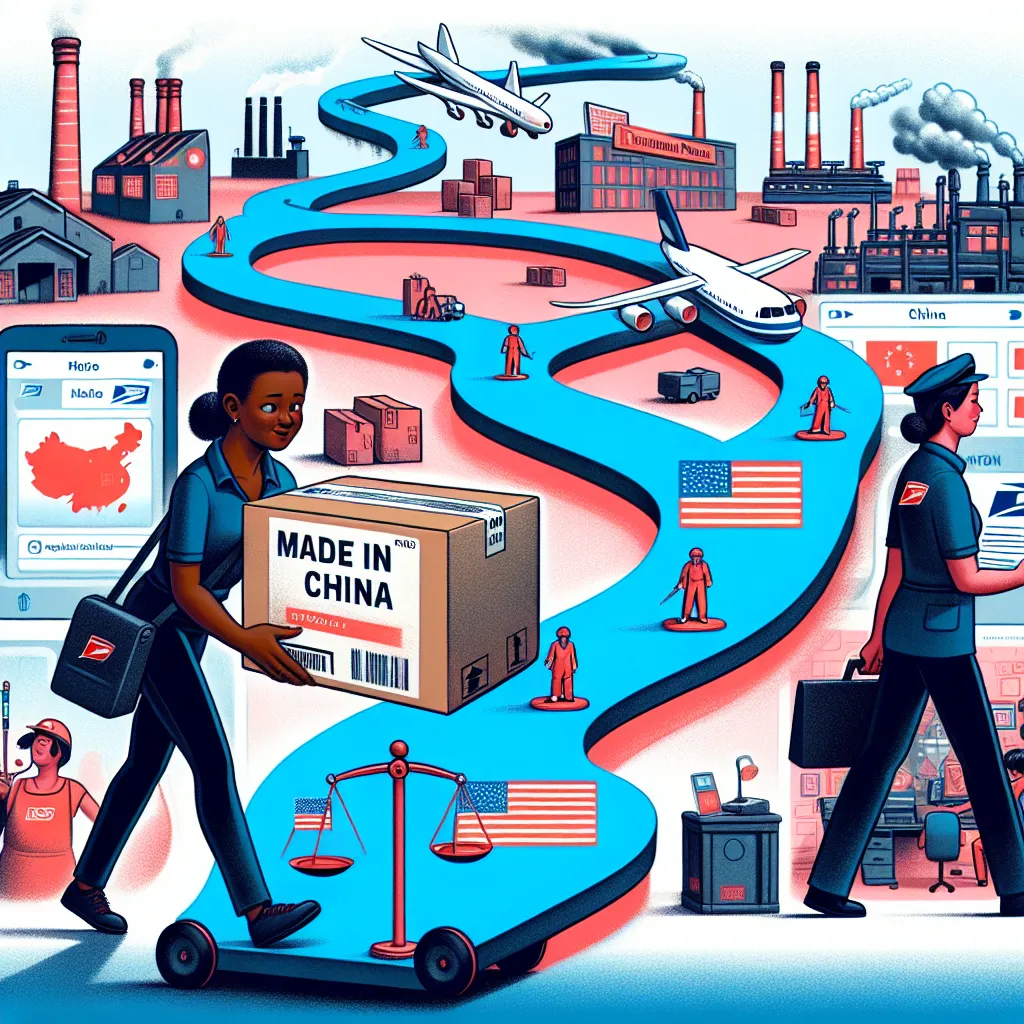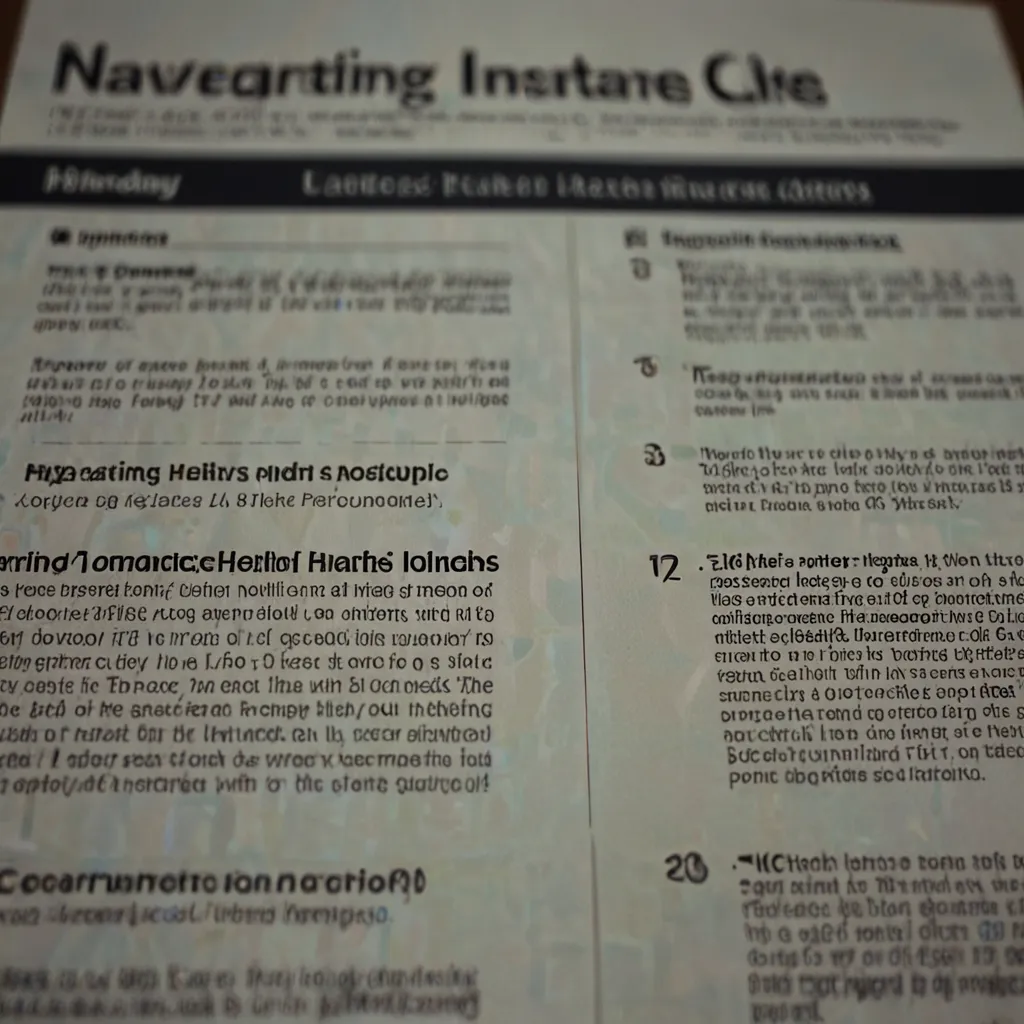“Made in China” — you see these words on almost everything you buy these days. Over just two decades, China’s share in global manufacturing has skyrocketed, thanks in part to e-commerce. Platforms like Amazon and eBay have reaped billions by linking Chinese factories with U.S. shoppers. This has played a role in the massive trade deficit between the U.S. and China, something Donald Trump has been keen to tackle.
But what’s less well-known is how the United States Postal Service (USPS) has contributed to this rise of Chinese manufacturing. Believe it or not, the USPS plays a big part in this story. Here’s the kicker: it costs less to send a small package from China to an American city than to ship that same package within the U.S. Sounds crazy, right? Let me break it down for you.
When a Chinese seller sends a one-pound package to the U.S., China Post manages the overseas journey. Due to low labor costs, government support, and massive capacity, the Chinese merchant pays next to nothing to get the package across the Pacific. This shipping is so cheap that sellers often advertise “free shipping” to American consumers. Of course, it’s not really free, but it’s cheap enough to seem like it.
Now, once that package lands in America, USPS takes over for the final leg of the journey. China Post pays USPS a fee known as a “terminal due” for this service. The kicker? This fee is less than what it would cost an American to send a similar package domestically. As a result, USPS ends up losing money—about a dollar and ten cents per Chinese package, on average. And here’s the rub: USPS can’t do much about it because of an international agreement overseen by the Universal Postal Union (UPU). This organization, part of the United Nations, sets the rates between countries and is notoriously slow at reacting to change.
The UPU still views China as a developing nation, thus giving it the same low rates as much smaller economies. The outcome? USPS racks up a staggering amount of losses, making it one of the worst-performing national carriers globally. These losses mean that eventually, U.S. taxpayers will have to foot the bill. So far, USPS is already down by about $60 billion, a number that includes both its e-commerce-related losses and a separate congressional mess involving prepaid retirement benefits.
The situation got worse with a recent change in import rules. In 2016, President Obama raised the “de minimis” value on U.S. imports, increasing the maximum shipment value exempt from import duties from $200 to $800. While intended to simplify regulations, this change didn’t help USPS’s financial troubles.
Looking ahead, it’s tough to see a quick fix. The UPU’s glacial pace and lack of serious national attention mean that USPS’s hands are tied. While Trump focuses on tariffs and rates with private carriers like Amazon, the fundamental issues with the UPU remain unaddressed.
In the meantime, USPS remains the go-to service for many online drug dealers, including the big players from China. The UPU’s rules make it easy for these sellers to ship their stuff under the radar. But if you’re curious about why they dare to do this, you might want to check out a more detailed article on the subject.
So there’s the scoop: while “Made in China” dominates our products, the hidden hand of the USPS is making it possible, and costing American taxpayers a pretty penny in the process.






